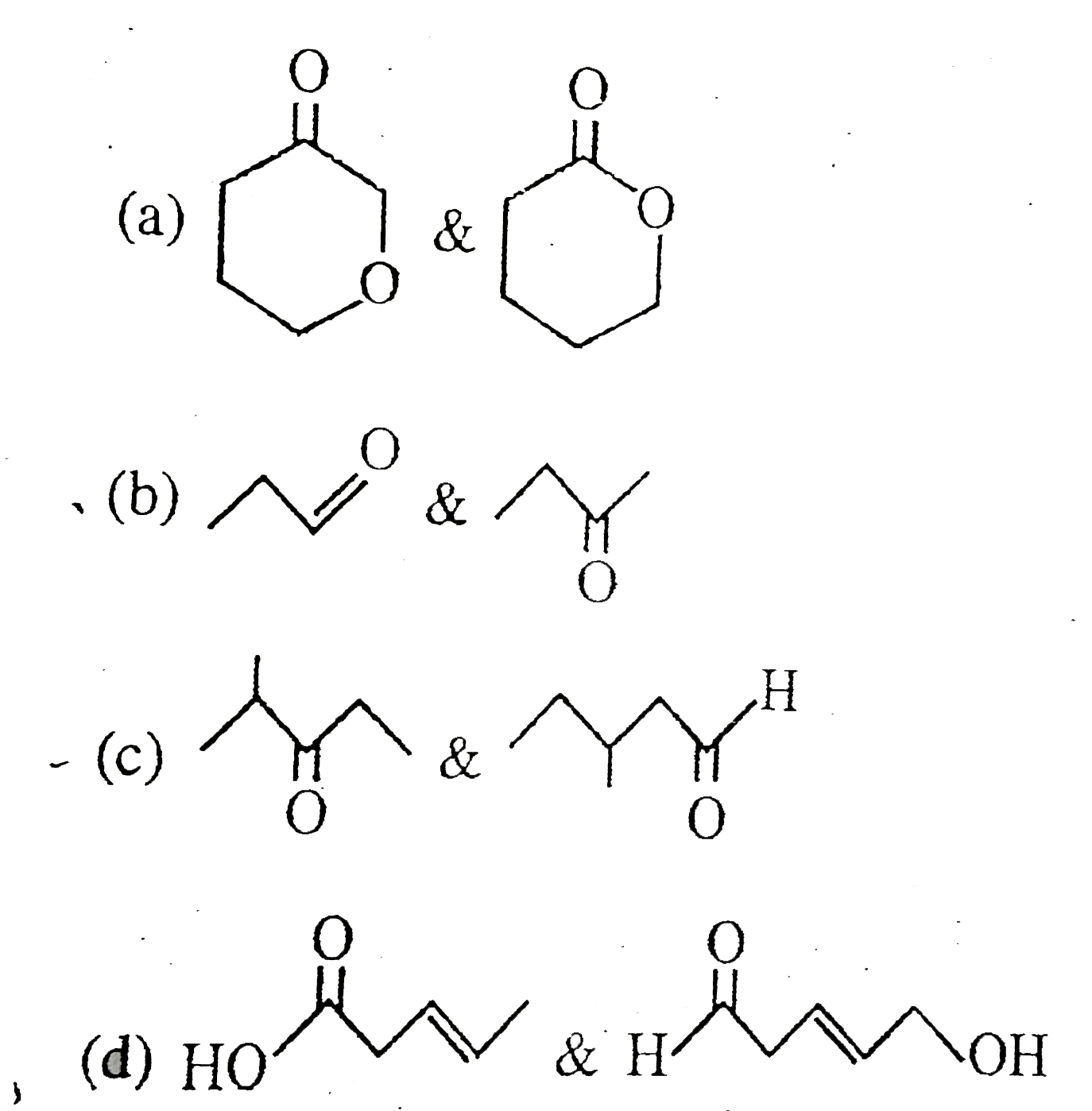Proteins perform many physiological functions. For example, some functions as enzymes. One of the following represents an additional function that some proteins discharge
Antibiotics
Pigment conferring colour to skin
Pigments making colours of flowers
Hormones
The correct Answer is:D
To answer the question regarding the additional functions that some proteins discharge, we can analyze the options provided and determine which one represents a function of proteins.
1. Understanding Protein Functions: Proteins are essential biomolecules that perform a variety of physiological functions in living organisms. Some of these functions include acting as enzymes, hormones, structural components, and transport molecules.
2. Analyzing the Options: The options given are:
- A) Antibiotic
- B) Pigment conferring color to skin
- C) Pigments making color of flowers
- D) Hormones
3. Identifying Protein Functions:
- Antibiotics: These are typically small molecules or compounds that can kill or inhibit the growth of bacteria. They are not proteins.
- Pigment conferring color to skin (Melanin): This is a pigment that gives color to skin and is not a protein.
- Pigments making color of flowers (Fluorogen): Similar to melanin, these pigments are also not proteins.
- Hormones: Some hormones are indeed proteins or peptides. For example, insulin and growth hormone are both protein-based hormones that play crucial roles in regulating various physiological processes.
4. Conclusion: Based on the analysis, the only option that represents an additional function that some proteins discharge is D) Hormones.
Final Answer:
The correct answer is D) Hormones.
- A) Antibiotic
- B) Pigment conferring color to skin
- C) Pigments making color of flowers
- D) Hormones
- Antibiotics: These are typically small molecules or compounds that can kill or inhibit the growth of bacteria. They are not proteins.
- Pigment conferring color to skin (Melanin): This is a pigment that gives color to skin and is not a protein.
- Pigments making color of flowers (Fluorogen): Similar to melanin, these pigments are also not proteins.
- Hormones: Some hormones are indeed proteins or peptides. For example, insulin and growth hormone are both protein-based hormones that play crucial roles in regulating various physiological processes.
The correct answer is D) Hormones.
Topper's Solved these Questions
- BIOMOLECULES BOOK - NCERT EXEMPLAR ENGLISHCHAPTER - BIOMOLECULES EXERCISE - Very Short Answer Type Questions
7 Videos
- BIOMOLECULES BOOK - NCERT EXEMPLAR ENGLISHCHAPTER - BIOMOLECULES EXERCISE - Short Answer Type Questions
5 Videos
- BIOLOGICAL CLASSIFICATIONBOOK - NCERT EXEMPLAR ENGLISHCHAPTER - BIOLOGICAL CLASSIFICATIONEXERCISE - Long answer
5 Videos
- Body Fluids and Circulation BOOK - NCERT EXEMPLAR ENGLISHCHAPTER - Body Fluids and Circulation EXERCISE - LONG ANSWER TYPE Q
5 Videos
Similar Questions
Knowledge Check
Proteins perform many physological functions. For example, some proteins function as enzymes. One of the following represents an additional function that some proteins perform
AantibioticsBpigment conferring colour to skinCpigment making colurs of flowersDhormones
State one physiological function of zinc.
View SolutionMention one function of the protein hirudin.
View SolutionWhich one of the following graphs represent a function? (FIGURE)
View SolutionRoots are modified to perform physiological function in
View SolutionThe functional unit in the synthesis of protein is
View SolutionList any four functions of proteins.
View SolutionIn which of the following structures proteins are more functional
View Solution

